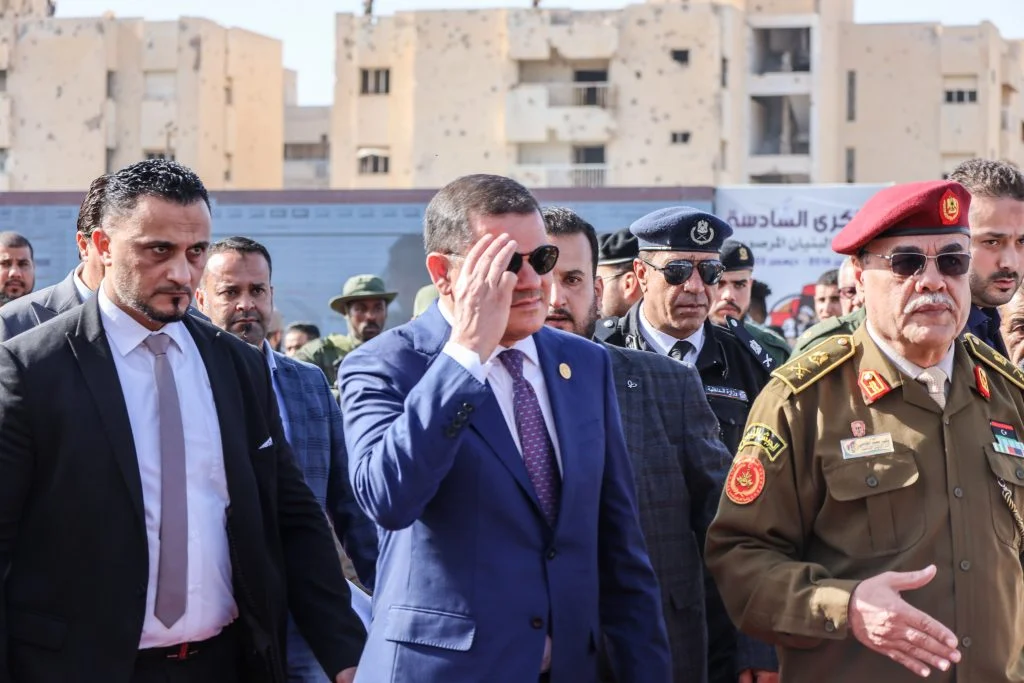Libya has entered another crucial stage in its political journey, aiming to restore stability after years of internal conflict.
However, events unfolding elsewhere in Africa, particularly in Burkina Faso, serve as a stark reminder of the interconnected challenges facing the continent—where resource wealth often collides with insecurity.
On Sunday evening, a deadly armed robbery at an informal gold mining site in southwestern Burkina Faso left eight people dead, including a 15-year-old schoolboy, and injured 29 others. The incident occurred in Djikando, around 10 kilometres (six miles) from the town of Gaoua.
Burkina Faso Gold Mine Attack Claims Lives
Local police reports indicate that the attackers first fired shots into the air before turning their weapons on miners. The chaos escalated when local residents, angered by the violence, set fire to mining facilities, accusing the miners of contributing to the deadly confrontation.
Dr. Florent Roch Banazaro, director of medico-technical services at Gaoua Central Hospital, confirmed that most of the injuries were caused by gunfire and machete attacks. Gaoua public prosecutor Cheik Alfa Aboubakar Compaore also confirmed the provisional death toll of eight, noting that the victims were killed by both bullets and machetes.
Gold Mining: A Double-Edged Economic Sector
Over the last decade, gold mining has transformed into a key economic driver for Burkina Faso. Once dependent on cotton for export revenue, the nation’s gold production surged from 400 kilogrammes (880 pounds) in 2007 to over 52 tonnes in 2018.
The official sector supports roughly 15,000 direct jobs and another 50,000 indirectly.
The artisanal or informal mining sub-sector is even more significant, employing an estimated 1.5 million people and producing around 10 tonnes of gold annually.
However, its unregulated nature makes it a prime target for exploitation by armed jihadist groups, which use it as a funding source.
The Sahel’s Security Crisis
Burkina Faso’s location—bordering Mali and Niger—puts it at the heart of the Sahel, a region plagued by jihadist insurgencies since 2015.
These attacks have claimed more than 1,200 lives in Burkina Faso alone and displaced over one million people.
The violence has disrupted trade, hindered governance, and made resource-rich areas especially vulnerable.
Libya’s Parallel Struggle for Stability
As Libya begins its new transition phase, parallels can be drawn with the challenges faced by other African nations. Like Burkina Faso, Libya must navigate the balance between harnessing its resources and ensuring security.
Years of civil war have fractured Libya’s political landscape, and the new transition aims to unify rival factions, rebuild institutions, and prepare for elections.
Political analysts warn that without strong governance, both countries risk having their economic potential undermined by instability. Resource-rich territories—whether gold mines in Burkina Faso or oil fields in Libya—remain high-value targets for armed groups.
A Shared African Challenge
The tragedies in Burkina Faso and Libya’s own struggles highlight a broader African reality: the continent’s economic promise is closely tied to its ability to secure resource-rich areas. From gold to oil, these assets can either be a path to prosperity or a source of conflict.
The success of Libya’s transition could serve as an example of how political stability can protect economic gains. However, without decisive security measures, both Libya and Burkina Faso risk remaining trapped in cycles of violence and lost opportunity.






